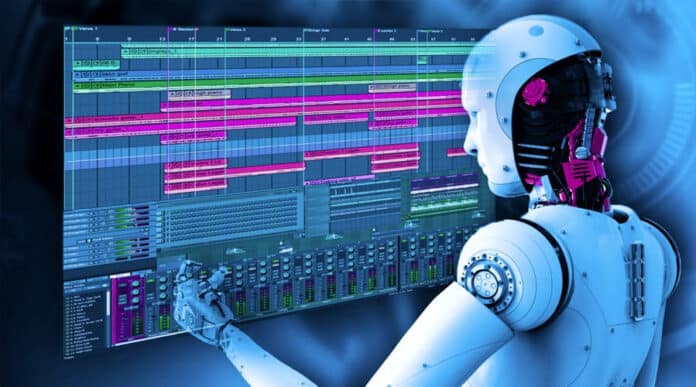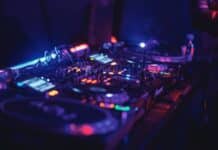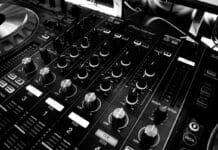
In the modern digital age, artificial intelligence (AI) has become a game-changer across numerous industries, including music.
While AI presents exciting opportunities for music creation and production, there is growing concern that its influence might be diluting artist creativity and originality. This article aims to shed light on the potential consequences of increasing AI involvement in music composition.
AI’s Footprint in Music
AI technology is employed in a multitude of applications within the music industry. From creating simple melodies to fully orchestrated compositions, AI music generators such as OpenAI’s MuseNet and AIVA are changing the face of music creation. Furthermore, AI algorithms are utilized by music streaming services like Spotify and Apple Music to curate personalized playlists for listeners.
The Double-Edged Sword of AI in Music Creation
AI’s capacity to create music efficiently and effectively is undoubtedly impressive. For budding artists or those facing creative blockages, AI music generation can be a handy tool. However, with convenience often comes complacency. The fear is that reliance on AI may lead to a decrease in artists pushing their creative boundaries, settling instead for what the AI can easily generate. This could lead to a homogenization of music, where unique and original compositions are overshadowed by AI-produced tracks.
The Erosion of Originality
One of the greatest concerns regarding AI’s role in music creation is the potential loss of originality. Music is a profound form of self-expression, with each artist adding their unique voice and perspective. If compositions are increasingly generated by algorithms, the risk is that the music becomes more formulaic and less diverse. This could result in a loss of the unique, human elements that make music such a powerful emotional tool.
The Way Forward
The concern over the potential impact of AI on artist creativity is not about demonizing technology. Rather, it’s about striking a balance between utilizing technological advancements and maintaining the human touch that defines artistic expression. Technology should be used as a tool to aid in the creative process, not replace it. As we move forward, it will be important for artists to continue exploring and pushing their creative boundaries, with or without the assistance of AI.
In conclusion, while AI holds immense potential for revolutionizing the music industry, we must be cautious not to let it compromise the originality and creativity that are the hallmarks of human music-making. As with all technology, AI should be used as a tool to enhance human creativity, not as a replacement for it. Only then can we harmonize the symphony of man and machine.







